The UK’s Christmas egg shortage
Supermarkets blame bird flu but farmers say unfair buying practices are driving them out of business
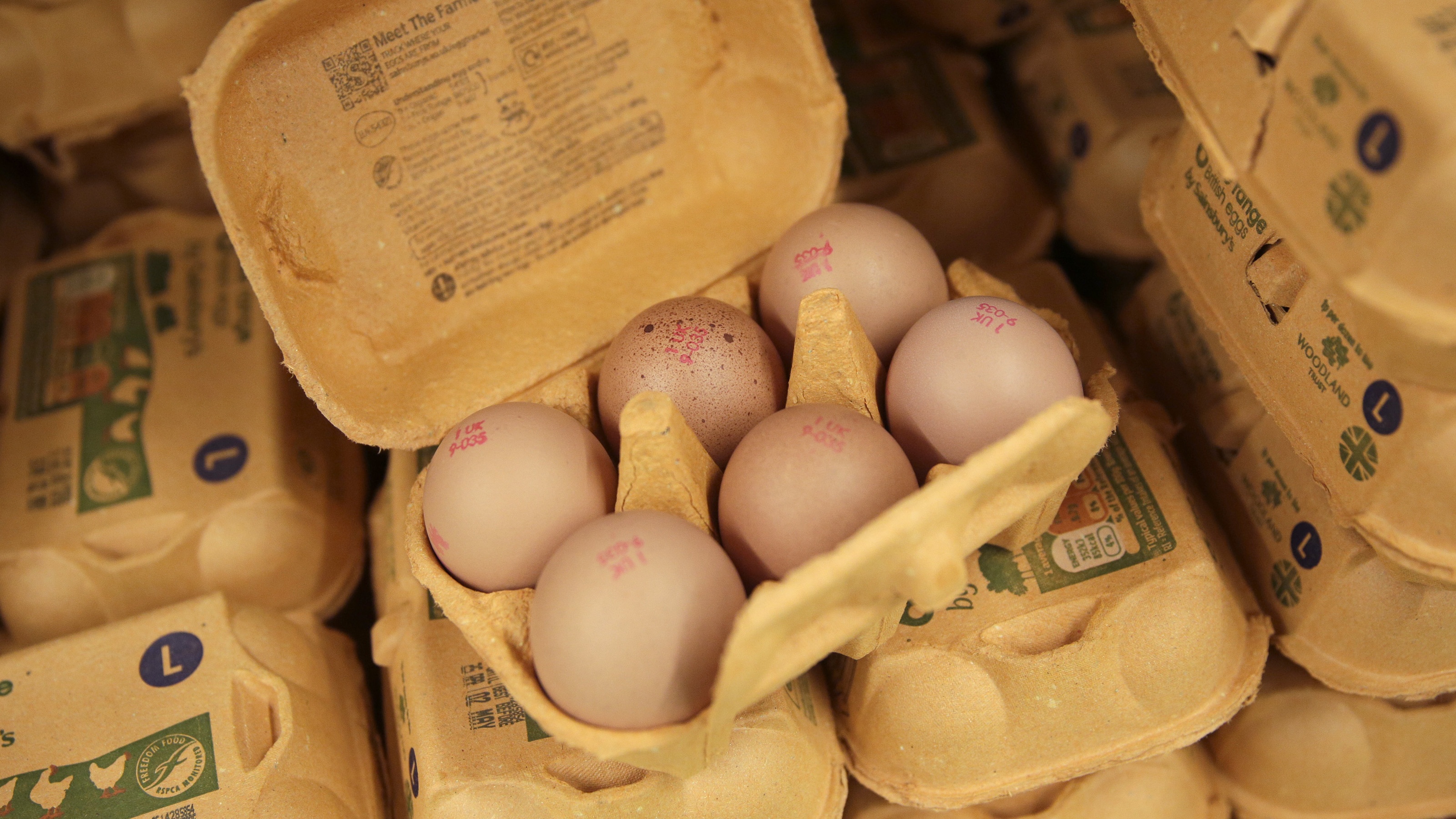
A free daily email with the biggest news stories of the day – and the best features from TheWeek.com
You are now subscribed
Your newsletter sign-up was successful
Supermarket customers across the UK are facing limits on how many eggs they can buy amid a supply crisis that is expected to last beyond Christmas.
Marks & Spencer and Morrisons this week joined Tesco, Asda, Aldi and Lidl in rationing sales of boxes of eggs. Sainsbury’s has not limited egg purchases as yet, “but said some stores may be running low on some lines”, the BBC’s Tom Espiner reported. The chain also said it was “temporarily” sourcing eggs from Italy, despite a previous commitment to only buy from British suppliers.
Supermarkets have “blamed the shortage on a bad outbreak of avian flu”, said The Times. But “farmers disagree – strongly”, the newspaper added.
The Week
Escape your echo chamber. Get the facts behind the news, plus analysis from multiple perspectives.

Sign up for The Week's Free Newsletters
From our morning news briefing to a weekly Good News Newsletter, get the best of The Week delivered directly to your inbox.
From our morning news briefing to a weekly Good News Newsletter, get the best of The Week delivered directly to your inbox.
Why is there an egg shortage?
The industry’s “worst ever” bout of bird flu has resulted in around 750,000 laying hens being culled since 1 October, The Guardian reported. By comparison, around 1.8m were killed over the whole of last year.
But Jennifer Turnball, a poultry farmer in Eden Valley in Cumbria, insisted that the outbreak was not the main cause of the eggs shortages. “It is because farmers no longer have enough money to pay for their chicken feed, the energy bills for their sheds, to pay for the pullets [young hens] and higher wages for staff and to also take on the risk of avian influenza So farmers have not restocked their hens,” she told The Times.
Like many fellow producers, Turnball accused supermarkets of exacerbating the cost problems.
Demand for eggs has soared as big hikes in meat prices push consumers towards other sources of protein. Yet while egg prices have also climbed as the cost-of-living crisis bites, farmers claim supermarkets are keeping most of the extra income while they operate at a loss.
A free daily email with the biggest news stories of the day – and the best features from TheWeek.com
According to the British Free Range Egg Producers Association (BFREPA), the average supermarket price of a dozen eggs has risen by about 50p since the start of the year. But farmers have received an average increase of only 18p, and some “have only seen a price rise of between 5p and 10p”, said the trade body.
The Times reported that egg producers “say they need to be paid another 29p per dozen to break even this year, and 41p to make enough to reinvest in their business and make a profit”.
The shortage has been looming for some time. BFREPA warned in March that stores needed to raise egg prices and give farmers a fair cut, in order to “avert a catastrophe in the sector”. Farmers were “being hit from all sides by huge hikes” in costs, said the organisation, which reported that prices for feed were up by 50%, and energy by some 40%, along with increases to transport and labour bills.
A growing number egg producers are cracking under the strain. A recent survey by BFREPA of 163 free range producers found that 33% had either reduced chicken flock sizes, paused production temporarily or left the industry.
How long will the crisis last?
A spokesperson from BFREPA told The Guardian that while it was “very hard” to predict” how long the shortages would last, the crisis could continue “until after Christmas”.
British Egg Industry Council chair Andrew Joret said the availability of eggs should return to normal “once cost pressures ease”, but added: “We don’t know when this will be, and egg packers and producers continue to lose money.”
“We are doing everything we can to ensure that eggs are on the shelves while the industry works with retailers so that it can get back on its feet as quickly as possible,” he told the paper.
Environment Secretary Thérèse Coffey told Parliament last week that the UK still had a total of 38m laying hens and that she was confident “we can get through” the eggs shortage.
A Defra spokesperson said the government was “not expecting any significant impact to the overall supply”.
-
 6 exquisite homes with vast acreage
6 exquisite homes with vast acreageFeature Featuring an off-the-grid contemporary home in New Mexico and lakefront farmhouse in Massachusetts
-
 Film reviews: ‘Wuthering Heights,’ ‘Good Luck, Have Fun, Don’t Die,’ and ‘Sirat’
Film reviews: ‘Wuthering Heights,’ ‘Good Luck, Have Fun, Don’t Die,’ and ‘Sirat’Feature An inconvenient love torments a would-be couple, a gonzo time traveler seeks to save humanity from AI, and a father’s desperate search goes deeply sideways
-
 Political cartoons for February 16
Political cartoons for February 16Cartoons Monday’s political cartoons include President's Day, a valentine from the Epstein files, and more
-
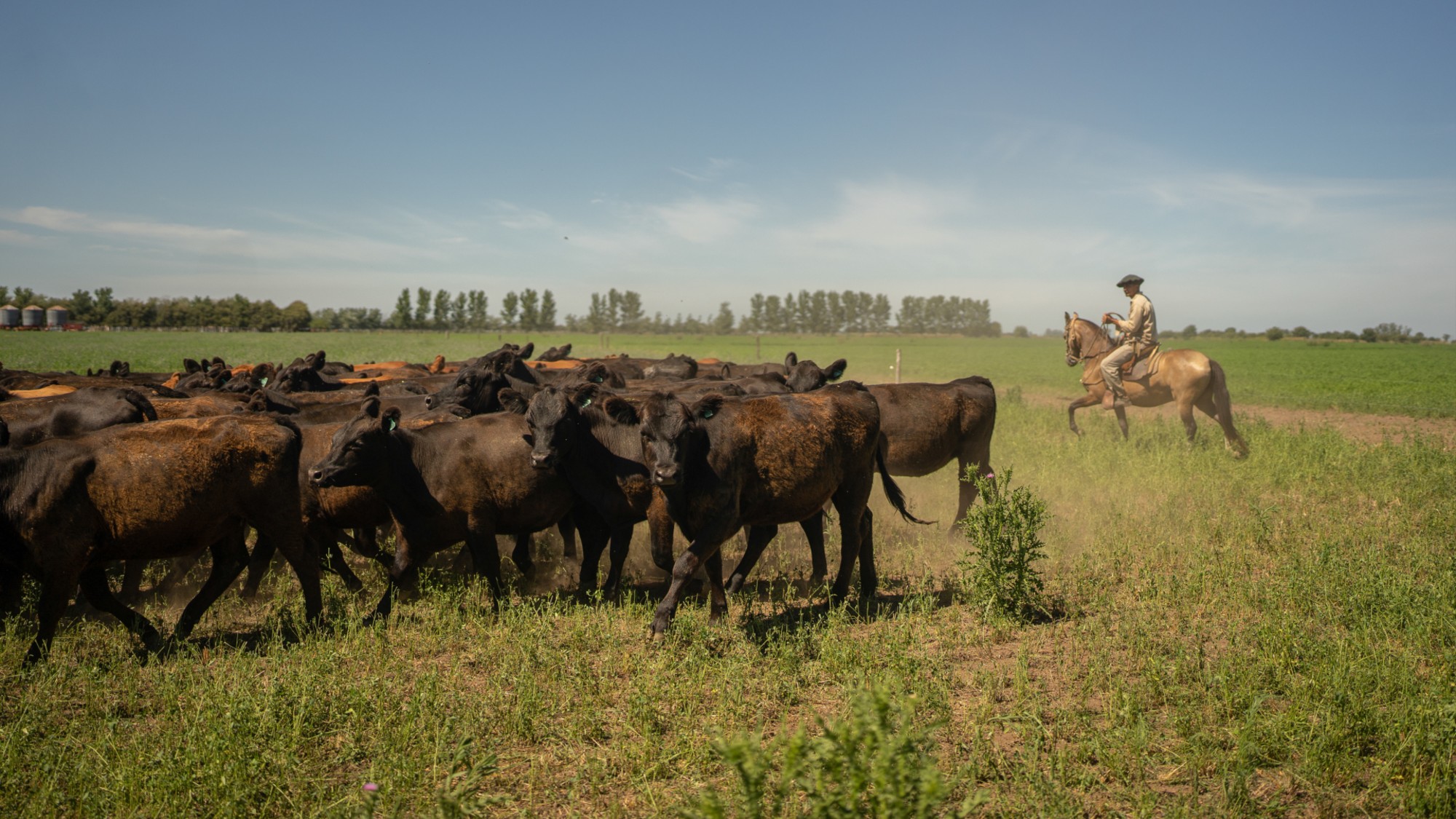 Argentinian beef is at the center of American farmers’ woes
Argentinian beef is at the center of American farmers’ woesThe Explainer ‘It feels like a slap in the face to rural America,’ said one farmer
-
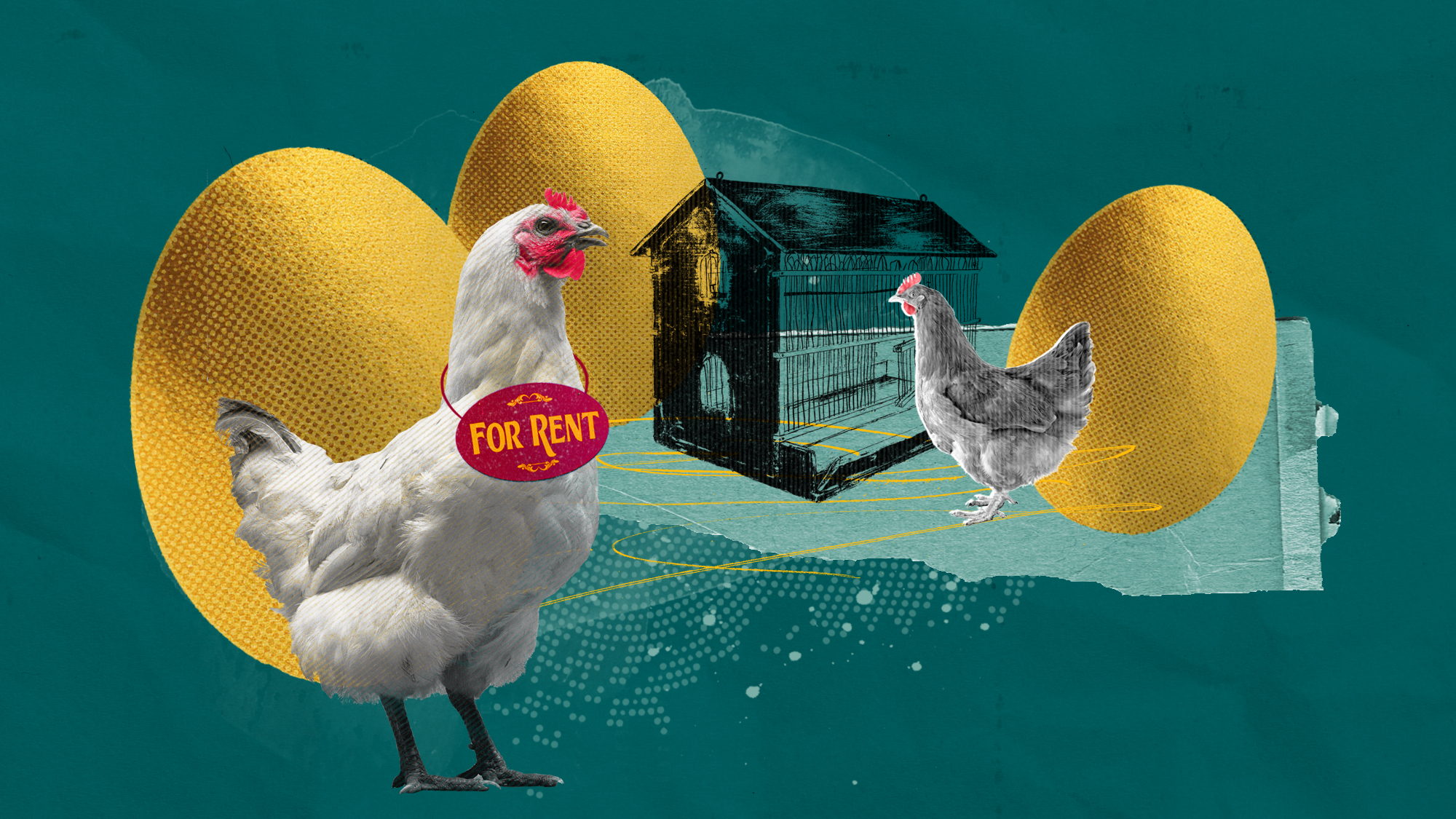 Eggs too pricey? Rent a chicken.
Eggs too pricey? Rent a chicken.Under the Radar The cost of eggs increased more than 15% in January
-
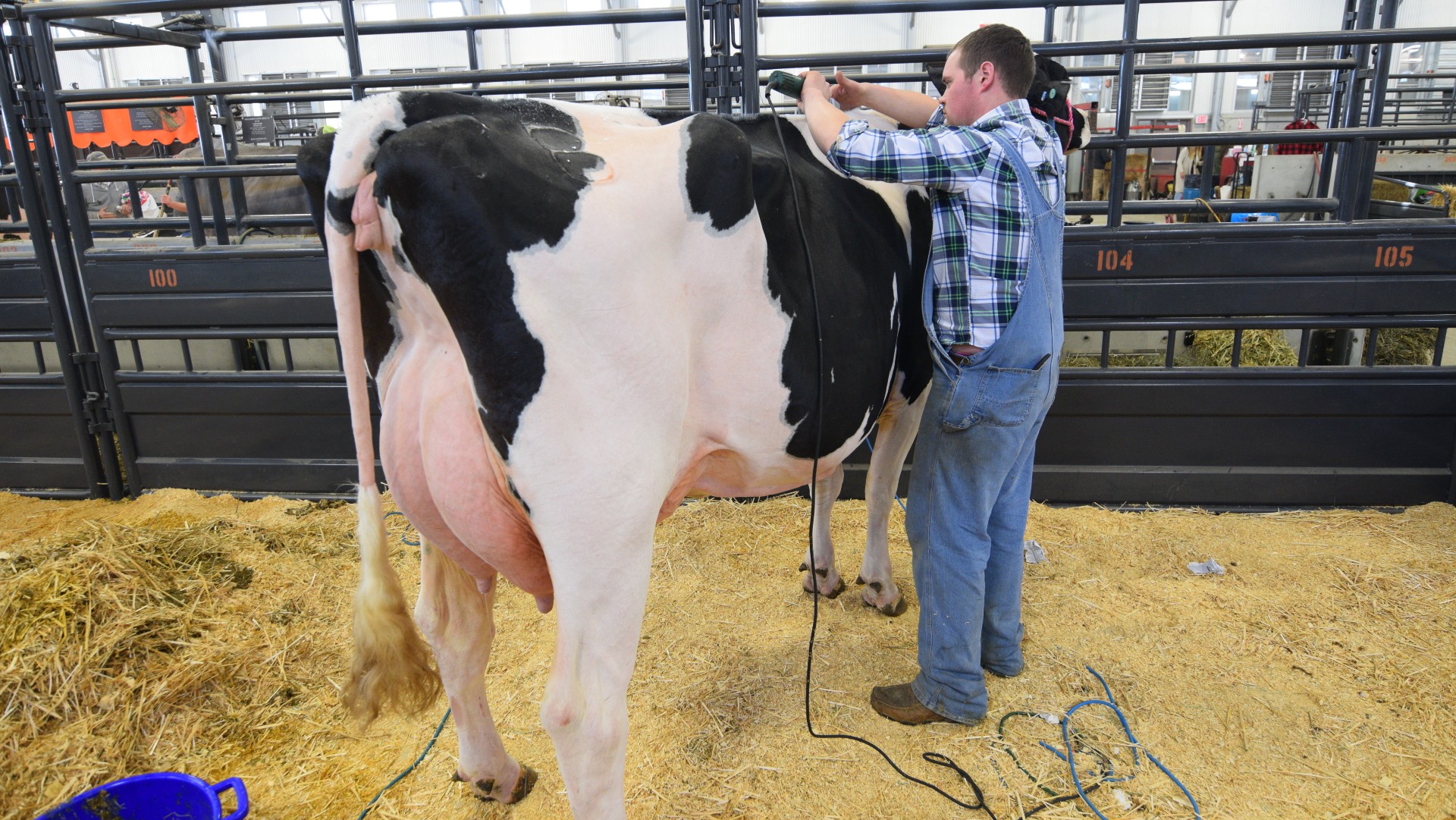 18,000 cows killed in Texas dairy farm explosion
18,000 cows killed in Texas dairy farm explosionSpeed Read Incident at South Fork Dairy could be ‘largest ever cattle killing’ in US fire
-
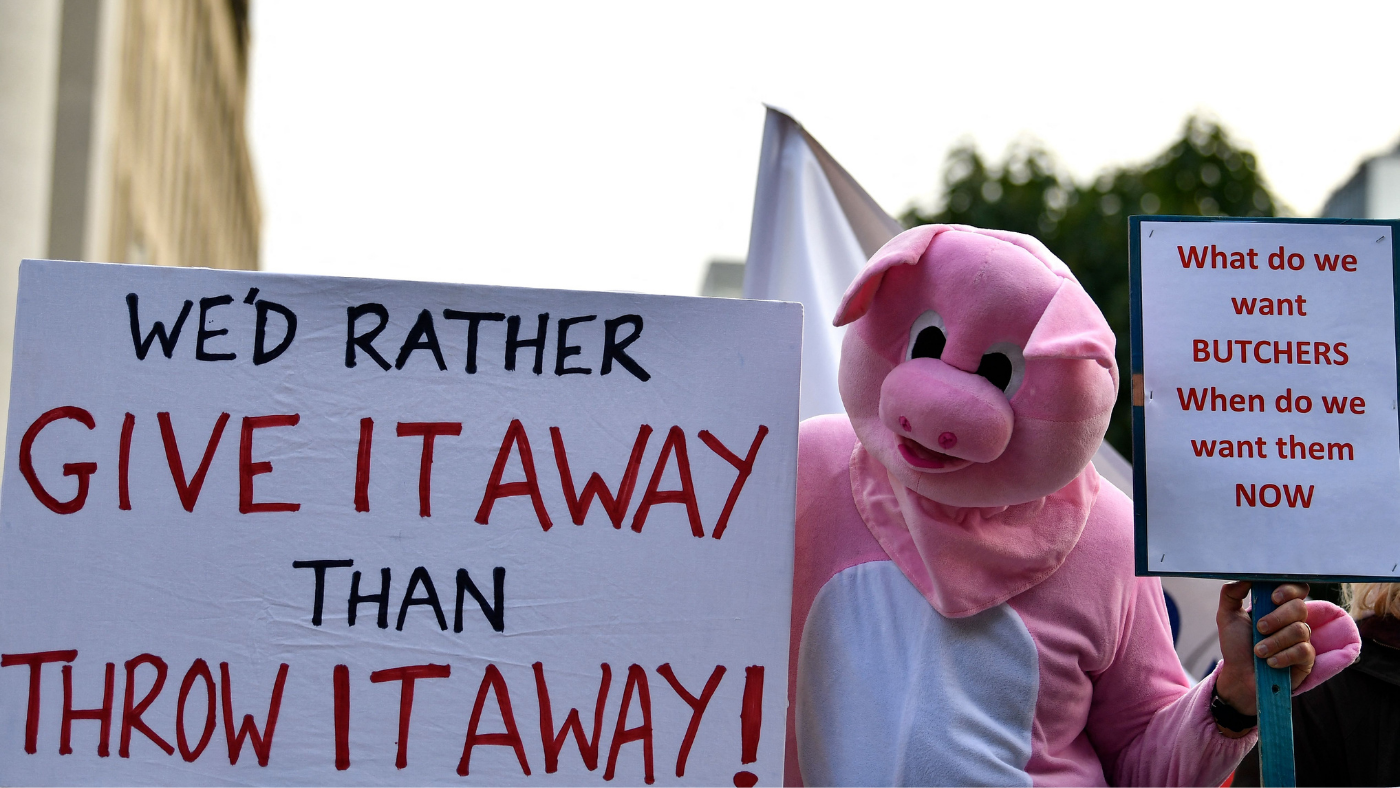 ‘A welfare disaster’: what’s happening to Britain’s pigs?
‘A welfare disaster’: what’s happening to Britain’s pigs?Today's Big Question Boris Johnson heightens farmers’ fury with bacon sandwich comments
-
 Sales of Christmas puddings down on 2018
Sales of Christmas puddings down on 2018Speed Read Supermarket data shows slump in demand for festive food
-
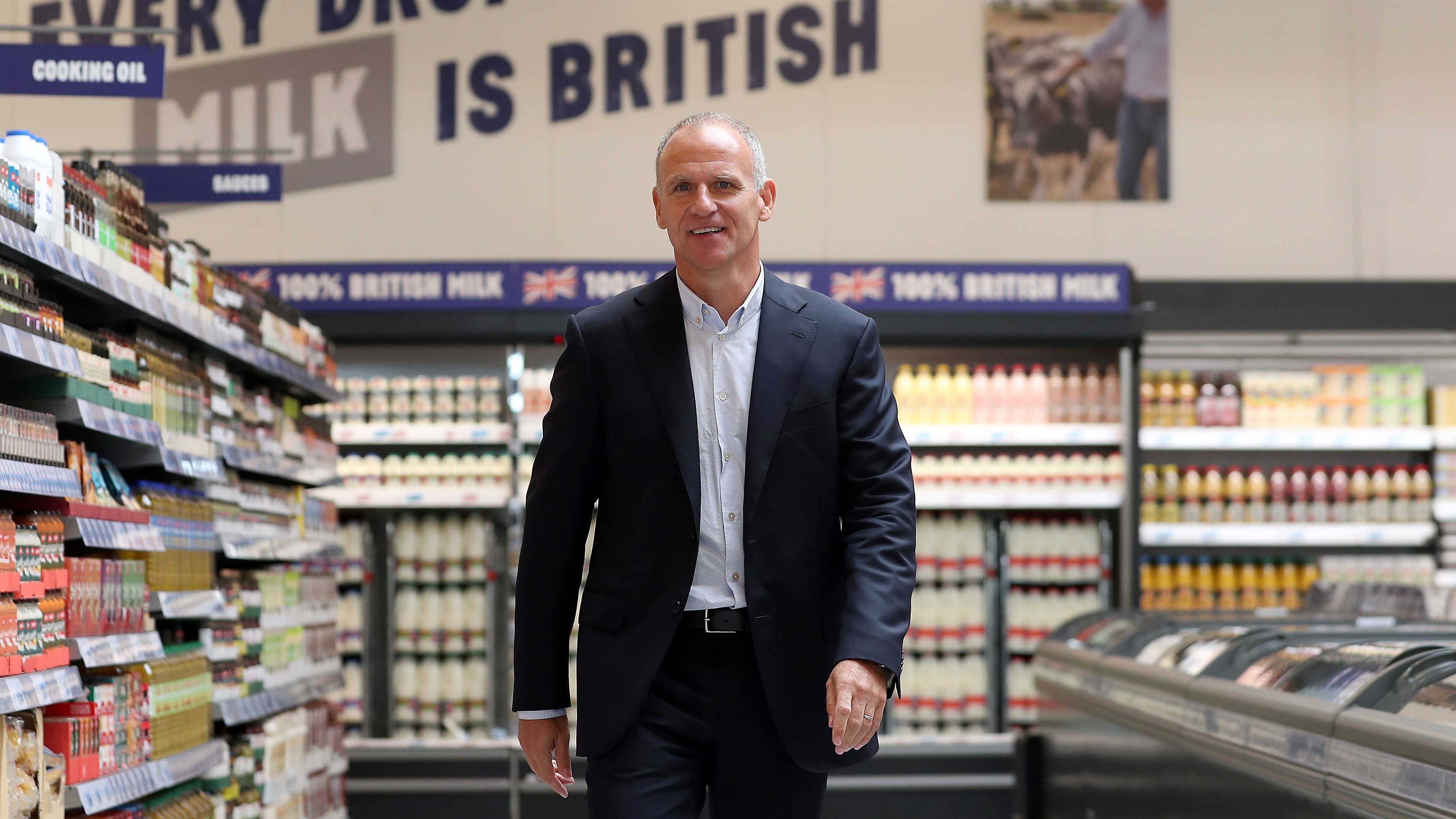 Why Tesco’s Dave Lewis is stepping down
Why Tesco’s Dave Lewis is stepping downSpeed Read The boss who turned Tesco’s fortunes around will leave CEO role in 2020
-
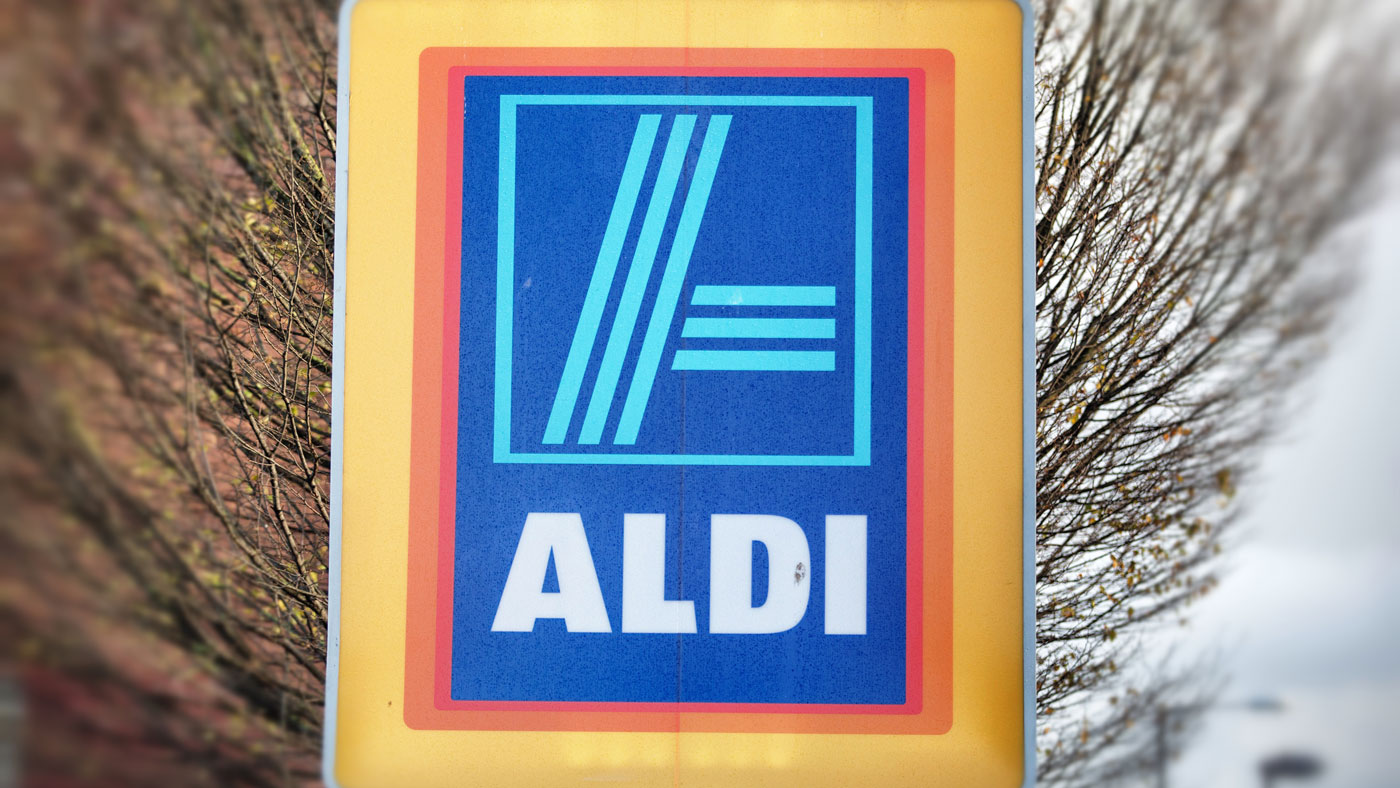 Why are profits collapsing at Aldi?
Why are profits collapsing at Aldi?Speed Read German discounter announces aggressive expansion despite sinking profits
-
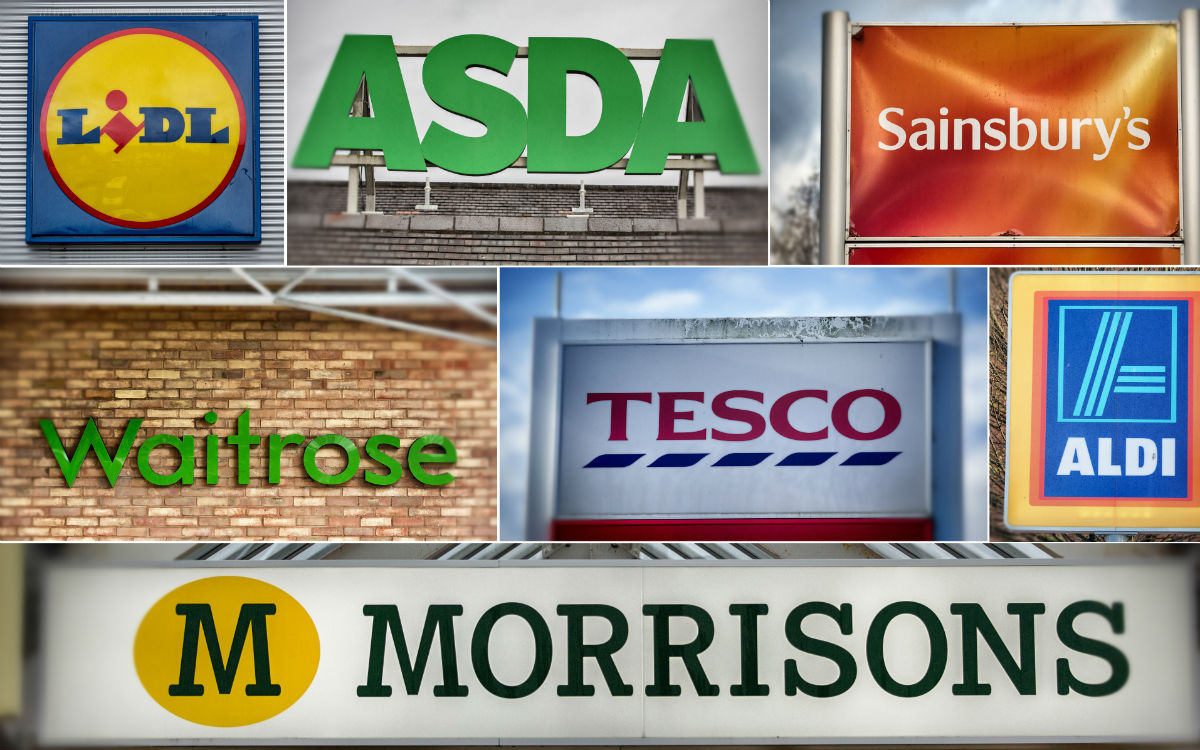 Why are supermarket sales flat?
Why are supermarket sales flat?Speed Read Brexit, fears of recession and price rises blamed for weak data